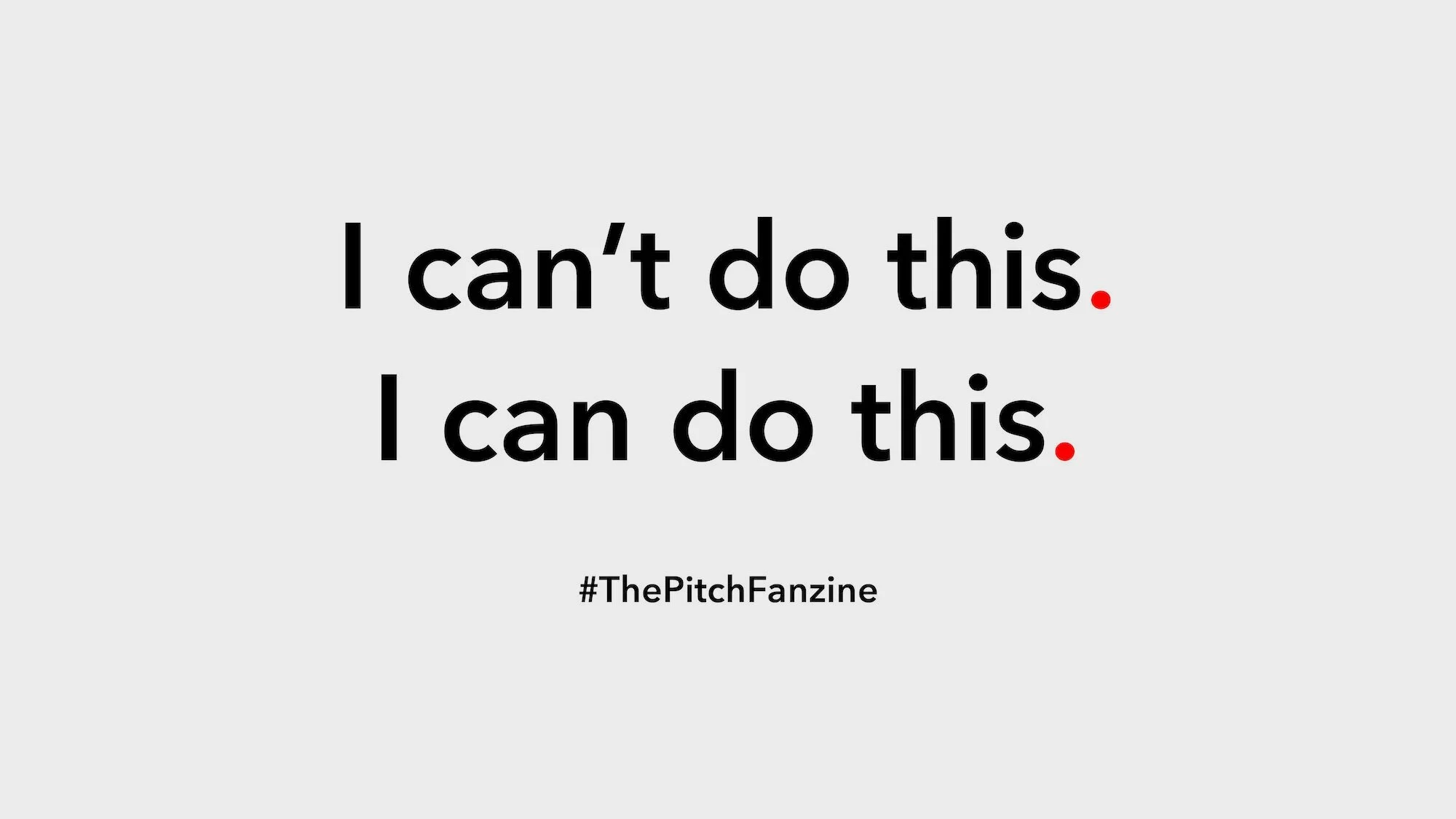No. 8, It’s all here really
Growing up in Jamaica hearing stories about America and England, where most of our family had emigrated to in search of what they hoped would be a better life, from the way they described these places when they visited us, I really did believe at one point that the roads abroad were paved with actual gold.
But when I got to “foreign”, at age thirteen, I realised that the streets were not paved with gold at all and the sidewalks were full of dog poo.
Most of the adults were not happy looking and even though they had so much, they moaned and complained about everything. In America they hardly walked anywhere, and parents were blamed for adults’ failings. In England, most people seemed to be taking cocaine and binge drinking, and it was the government’s fault, the school’s fault, the doctor’s fault, work’s fault.
I kept thinking what happened to taking responsibility for one’s own actions as we had to do up country, because there was no one coming.
I longed for home. The sun. The heat. The simple life.
But as loads had been spent in the hope of me doing well in life with my new opportunity, there was no way I could return home just yet.
In America, speaking patois attracted a crowd and I was constantly asked to “Say something Jamaican!” or got asked about weed, and after being questioned about it for the hundredth time I got annoyed one day and told my tormentors what I really thought: “Ganja is nature’s medicine you, eejit, and because you don’t know how to use it properly, that’s why it’s turning you into fools!”
They never asked again after that and I decided that even if I couldn’t blend in with my clothes, as I was not into the latest designer gear (dress the same as everyone else because it’s in fashion? Really?), I would adapt my accent, so that foreigners didn’t constantly ask me annoying questions every time they heard me speak patois.
After watching Beverly Hills, 90210, and The Fresh Prince of Bel Air, to perfect my American accent, I started saying “like” a lot and once I got to England and watched EastEnders, I started saying “hun” a lot now too.
At home with the family, I would speak patois. But when I finally did return to Jamaica at age eighteen my cousins set me straight at a dominoes game about how much of a foreigner I had become. When I started speaking patois with them, they laughed, “No one speak like that anymore *Kenisha.” Because as it turned out my patois was out of date and I would have to learn my original language all over again.
The irony wasn’t lost on me. I was an outsider at home and abroad. But instead of crying about it, I decided to become whoever I wanted to be and was soon adapting lots more accents and dialects. Just like our ancestors had done when they travelled like nomads across the world.
Same person. Different accents.
It’s only when you live on an island and have never really experienced a new culture for a time, that you end up with one accent.
Speaking to other immigrants and the well-travelled, it turns out we are all changing our accents and dialects with ease.
It is our superpower.
Best wishes,
Sherry Collins
*Kenisha was the name I was called by my parents and friends living in the same district and also by relatives. Sherry-Ann Collins was the name used for official purposes. School friends called me Sherry-Ann, but I dropped the Ann when I got to America.
Having two names meant when I was out and about, I could tell who to trust by the name they called me.






























